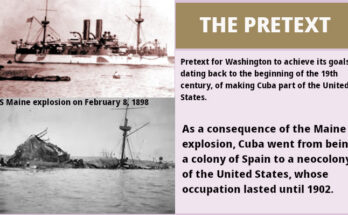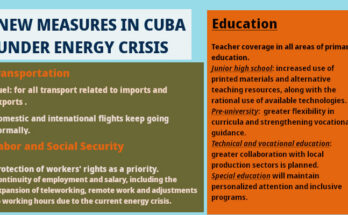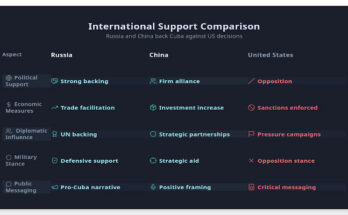In the early hours of November 5, 1975, a Cuban aircraft sliced through the Atlantic night, its cargo not of conquest, but of conviction. Onboard were soldiers, not dispatched to dominate, but to defend. Their destination: Angola. Their mission: to uphold the sovereignty of a newly independent African nation, besieged by imperial forces and struggling to breathe its first free breaths.
This historic solidarity cooperation bore the name Operation Carlota, a tribute to an enslaved African woman who, in 1843, led a fierce rebellion in Matanzas, Cuba. Carlota’s defiance against bondage became a symbol of enduring resistance—a spiritual thread linking Cuba’s revolutionary ethos to Africa’s liberation struggles. Her name echoed across the Atlantic, carried by those who saw in Angola not just a battlefield, but a mirror of their own history.
Angola had just broken free from centuries of Portuguese colonial rule. But independence came under fire. South African troops, bolstered by U.S. support and driven by apartheid ideology, surged across the southern border. From the north, Zaire’s forces advanced. The Popular Movement for the Liberation of Angola (MPLA), the legitimate government, stood encircled—its survival hanging by a thread.
In Havana, Commander-in-Chief Fidel Castro made a fateful decision. Guided by revolutionary solidarity and a deep commitment to anti-colonialism, he ordered the deployment of Cuban forces. But this was no ordinary military expedition. Alongside soldiers came doctors, teachers, engineers
– builders of peace as much as defenders of it. They arrived in waves, not as occupiers, but as comrades. As brothers and sisters in arms.
For nearly 15 years, Cuban forces stood shoulder to shoulder with Angolans. They fought in the trenches, trained local brigades, and constructed hospitals, schools, and infrastructure. Their presence was transformative. It helped repel foreign invasions, stabilize the MPLA government, and preserve Angola’s hard-won independence.
The ripple effects extended far beyond Angola’s borders. Cuban support accelerated Namibia’s liberation from South African rule and delivered a strategic blow to apartheid itself. The Battle of Cuito Cuanavale, where Cuban and Angolan forces held the line, became a turning point in Southern African history—proof that solidarity could reshape the geopolitical landscape.
Operation Carlota was more than a military campaign. It was a declaration of shared destiny between peoples of African descent, a reaffirmation of Cuba’s revolutionary principles, and a testament to the power of internationalism. In the skies over Angola, in the trenches of Cuito Cuanavale, and in the classrooms and clinics built by Cuban hands, the spirit of Carlota lived on.




